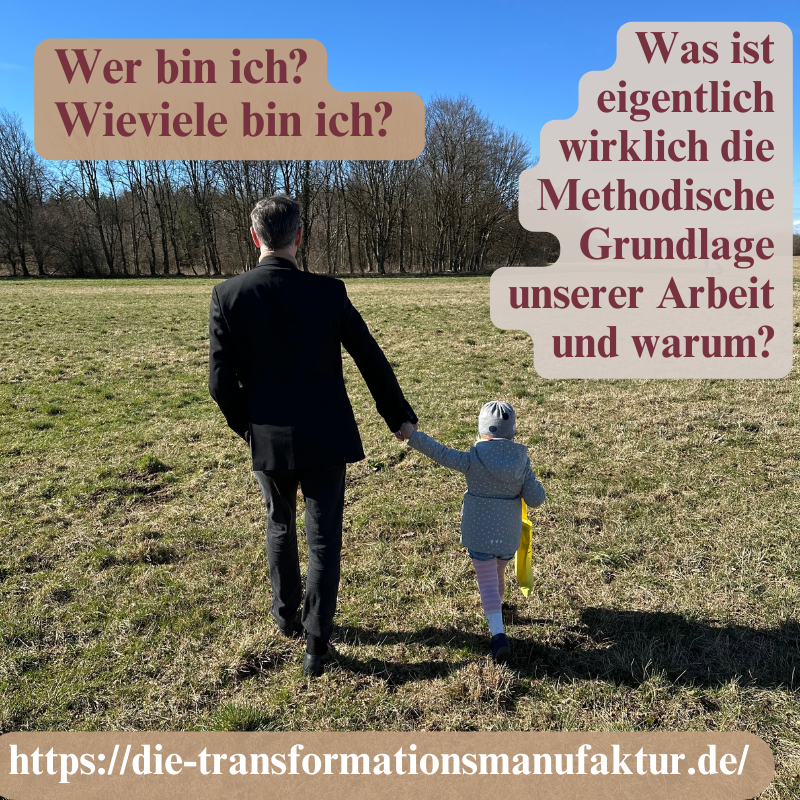But isn’t it okay to make clear statements in life? Be caring and protective? Or rational and sensible? Or creative, free and playful? Or adapt to a situation? Or protest? Be rebellious?
I talked about these possible “I’s”, the possible roles that we can use confidently in life, in the last post and the introduction to this small series on transactional analysis.
These described, so-called ego states vary in strength due to our imprinting. Sometimes individual roles dominate and stereotypical patterns emerge. Sometimes individual roles are suppressed. Then we find a latent dissatisfaction. This is just as toxic for us and our environment in the long term.
The conceptual basis of our coaching is transactional analysis (TA). This has identified six possible roles (“ego states”):
1️⃣ But isn’t it okay to make clear announcements in life? Be critical and controlling? ➡️ The “critical parent ego” (kEl)
2️⃣ I like to be caring and protective? I take care, out of responsibility? ➡️ The “caring parent ego” (fEl)
3️⃣ Ah, let’s be rational and sensible, shall we? We can sort everything out calmly and rationally! ➡️ The adult ego (ER)
4️⃣ Or creative, free and playful? Crazy? Enjoying life, art, music? Dancing? ➡️ The “free child” (fK)
5️⃣ Or adapt to a situation? Be good, shut up, put up with it? ➡️ The “well-adjusted child” (baK)
6️⃣ Or to adapt in a completely different way, by being fundamentally against it, by protesting on principle? ➡️ The “rebellious conformist child” (raK).
In further articles, we will look at examples of different “play patterns” of the ego states.
Would you like to get to know your ego states? Finding ways to more freedom, peace and energy? Taking the ‘wheel’ back into your own hands?
I would be happy to conduct an initial analysis of your ego states and patterns with you and reflect on the results together with you. Get in touch if you would like to know more about this “Short-term coaching on ego states”!
This article is part of the following mini-series on transactional analysis:
- How many am I? – A motivating introduction to transactional analysis
- How many am I? – The methodological and conceptual foundations of our coaching
- How many am I? Or: The caring and controlling project mother
- How many am I? Or: The little dictator
- How many am I? Or: The cold ice princess
- How many am I? Or: ‘The adapted little one’ with the explosions
- How many am I? Or: The rebel and the always bad world
- How many am I? Or: The imprisoned, deeply unhappy artist and free spirit









